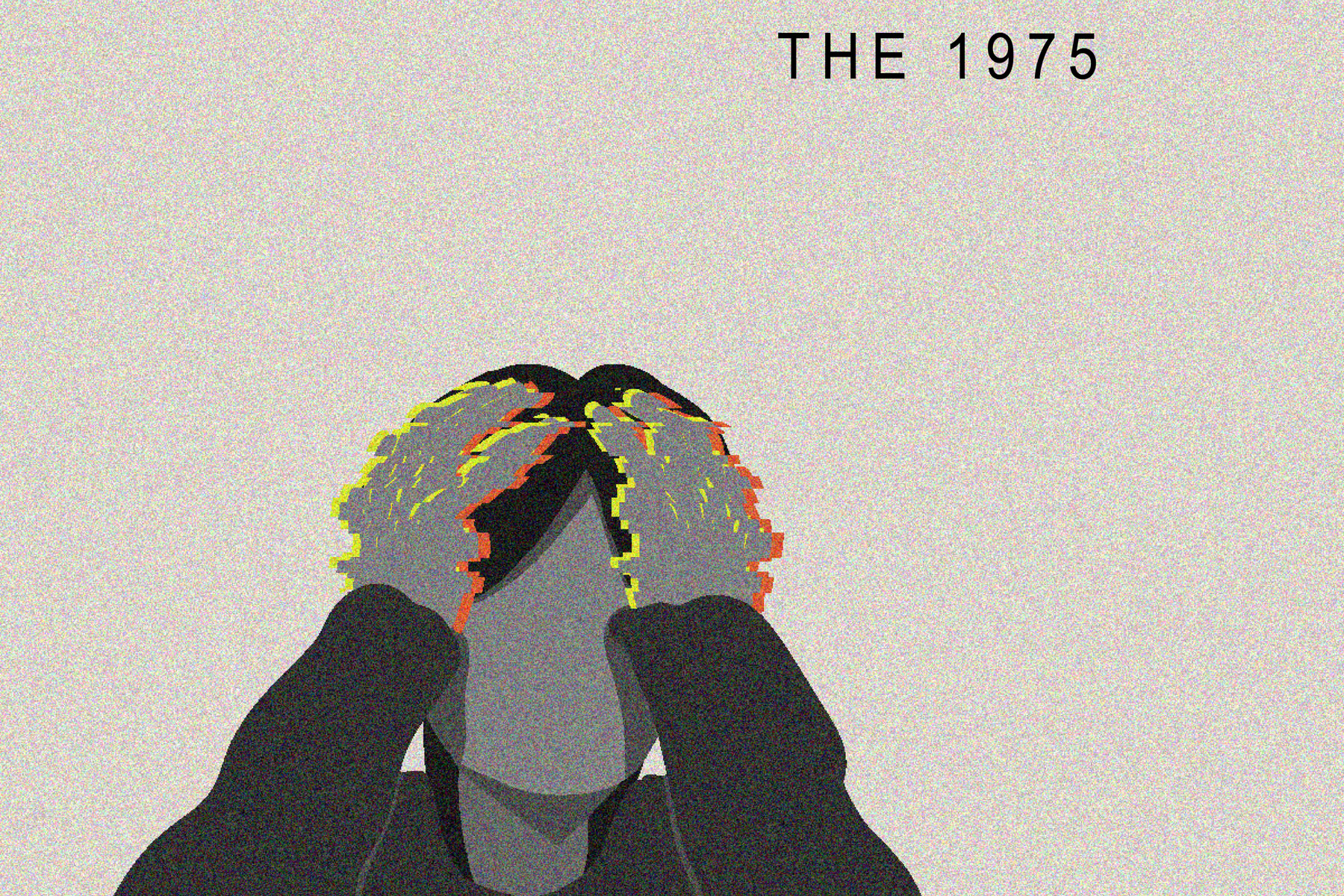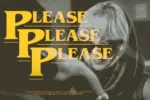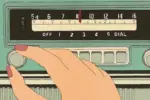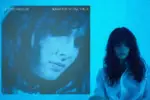After months of fans patiently waiting and multiple delays by the band’s lyricist and frontman, Matthew (Matty) Healy, British band the 1975 released their fourth studio album, “Notes on a Conditional Form,” in late May. Coupled with the 2018 album “A Brief Inquiry Into Online Relationships,” “Notes on a Conditional Form” is the final album of the band’s “Music for Cars” era. The 1975’s music highlights stories of today’s youth, dysfunctional relationships, struggles with drug addiction and critiques of modern society. The album is a 22-track genre-fluid masterpiece whose political consciousness, intertextuality and sentimentality enhance its memorability.
“Notes on a Conditional Form” begins with a new version of the band’s signature self-titled first track. This album’s “The 1975,” however, bucks the lyrical trends of the previous three albums’ introductions; the latest opener takes on a much more serious tone in collaboration with environmental activist Greta Thunberg.
Thunberg composed and performed a monologue regarding the current “climate and ecological crisis,” acknowledging the failures of the older generations and current political movements. While recognizing the gravity of the present global situation, Thunberg has hope that there is still time to change the reality by stopping the emission of greenhouse gases. In a rallying closing remark, Thunberg said, “So, everyone out there, it is now time for civil disobedience. It is time to rebel.”
The following track, “People,” is an aggressive, rock and scream-heavy song that is uncharacteristic of the band’s traditional ‘80s pop or easy-listening indie style. Despite the tonal surprise, however, the song nicely follows Thunberg’s words on the previous track. Beginning with a jarring, “Wake up, wake up, wake up, it’s Monday morning and we’ve only got a thousand of them left,” the song is about old regressive ideals drowning out the progressive voices of youth. The song is loud, angry and its noise is appropriate to the subject matter.
“Jesus Christ 2005 God Bless America,” featuring Phoebe Bridgers, continues the political theme, opening with “I’m in love with Jesus Christ,” an unexpected line from Healy, a proclaimed atheist. His repetition of the ironic lyric suggests that he is trying to convince himself of his faith. The verses reveal the pair’s queer identities and explore their struggles with faith due to the religion’s teachings and their frosty reception of individuals who are LGBTQ+.
The 1975’s risky, chameleonic approach distinguishes “Notes on a Conditional Form” from the band’s previous albums. “People” is juxtaposed with the successive orchestral interlude, “The End (Music For Cars).” The album spans genres such as melodic garage, lofi hip-hop, synth instrumental, folk/country and the band’s classic pop rock. Unfortunately, the wide variety of genres sparked a divisive reception among fans; the album was deemed incoherent and chaotic by shocked listeners craving the band’s earlier works.
“Notes on a Conditional Form” is an intertextual album as well; it interacts with other works through its allusions. Healy’s fascination with postmodernism — a movement characterized by irony, skepticism and relativism — is evident in his frequently self-referential lyrics. In “I Think There’s Something You Should Know,” a song about imposter syndrome, Healy sings, “I feel like I’m somebody else,” alluding to “Somebody Else” from the 2016 album “I like it when you sleep, for you are so beautiful yet so unaware of it.” Similarly, the lyrics of “Nothing Revealed / Everything Denied” reference the 2018 song “Love It If We Made It.“
In the storyline description on Spotify, Healy wrote, “Referencing old lyrics is very me, because it’s never a different story, it’s a continuation of the story. I think postmodernism drives a lot of my work. The idea that a character in a film knows he’s a character in film. … I like that in real life, because that’ll spark a memory. I think this is also all that I do, and everything that I am. I can’t help but reference it.”
Along with self-references, “Notes on a Conditional Form” incorporates references to other works through samples. Most notably, “Tonight (I Wish I Was Your Boy)” samples the 1971 song “Just My Imagination (Running Away With Me)” by the Temptations. “Sailing” by Christopher Cross appears in “Bagsy Not In Net,” and the band reached out to Cutty Ranks to license his garage music in “Shiny Collarbone,” which he actually re-recorded for them.
Perhaps the most compelling aspect of the album is its sentimentality. The penultimate song, “Don’t Worry,” is written by Healy’s father, Tim Healy, who also accompanies his son on vocals. Healy told John Kennedy on Radio X that his father’s song was the first he ever knew. The album closes with “Guys,” an ode to Healy’s bandmates and best friends since high school. “Songs are very pointed at relationships and how formative those experiences are,” wrote Healy,“but there’s not many songs about non-romantic relationships and these can be the most formative experiences. I wanted to write a love song for my friends.” The two songs add a deeply personal layer to the album.
“Notes on a Conditional Form” debuted at No. 1 on the U.K. charts the week it came out and received mostly positive reviews on Metacritic with a 69 out of 100 rating. However, many hold that album’s hour and 20 minute runtime is simply exhausting and the many interludes serve no purpose other than filler.
The biggest controversy of the album arises from the line “Man in the gift shop called me a f–” in “Roadkill.” Listeners question whether or not Healy is permitted to use the homophobic slur. Healy responded to the concern in an interview with Rolling Stone: “The context of that line is that my personal experience was as an effeminate gay-rights activist with long hair, a skirt and a rainbow t-shirt in an airport in middle America late at night. A drunk conservative guy called me a f–. You don’t get to take that experience away from me.”
However, fans’ honest criticism do not go unheard and they point out some real flaws. Despite its imperfections, “Notes on a Conditional Form” is undoubtedly a remarkable work; its insight on important, topical themes, and its genre-bending, although risky, ultimately paid off.

















